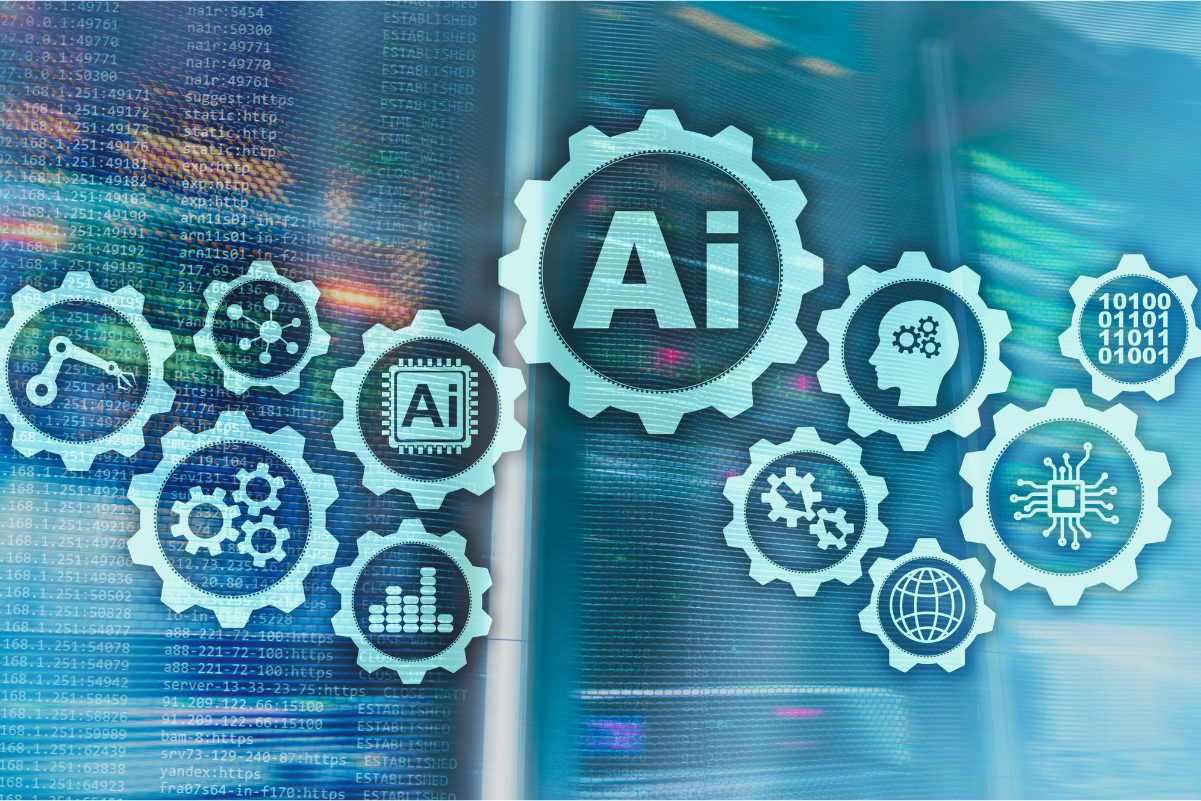Human Resource (HR) leaders continue to find themselves at the forefront of a transformative era in recruitment, powered by Artificial Intelligence (AI). While AI offers unprecedented opportunities to streamline and enhance the hiring process, it also brings forth a myriad of challenges and concerns that HR leaders must navigate effectively.
Some of the top concerns (and possible solutions) HR leaders have regarding AI in recruiting are:
Algorithmic Bias
One of the foremost concerns surrounding AI in recruitment is the potential for algorithmic bias. AI algorithms are trained on historical data, which may contain inherent biases related to gender, ethnicity, or socioeconomic background. An article featured in Forbes, AI Bias In Recruitment: Ethical Implications And Transparency (forbes.com), also reported that AI has the potential to perpetuate biases inherited from human creators. As a result, AI systems may inadvertently perpetuate these biases, leading to discriminatory outcomes in hiring decisions.
Solution: HR leaders must prioritize fairness and equity in AI-driven recruitment by implementing robust measures to detect and mitigate algorithmic bias. This includes regularly auditing AI algorithms, diversifying training data, and ensuring transparency and accountability in the recruitment process.
Lack of Transparency
Another common concern is the opacity of AI algorithms and decision-making processes. Unlike traditional hiring methods where decisions are made by human recruiters, AI algorithms operate using complex mathematical models that may be difficult to interpret or explain.
Solution: HR leaders should advocate for transparency in AI-driven recruitment by providing clear explanations of how AI algorithms operate and the factors they consider in making hiring decisions. This transparency fosters trust among candidates and ensures accountability in the recruitment process.
Candidate Experience
While AI offers opportunities to enhance efficiency and speed in recruitment, there is a concern that it may compromise the candidate experience. Candidates may feel frustrated or disconnected from the hiring process if their interactions with AI-powered tools lack personalization or human touch.
Solution: HR leaders should strive to strike a balance between automation and human interaction in AI-driven recruitment. Implementing AI-powered chatbots and virtual assistants can streamline administrative tasks while human recruiters focus on building rapport with candidates, providing guidance, and offering personalized support throughout the recruitment journey.
Data Privacy and Security
With the increasing reliance on AI in recruitment, there is a growing concern about data privacy and security. AI tools collect and analyze vast amounts of sensitive personal data, raising questions about how this data is stored, used, and protected.
Solution: HR leaders must prioritize data privacy and security in AI-driven recruitment by implementing robust data protection measures, such as encryption, access controls, and compliance with regulatory requirements such as GDPR and CCPA. Additionally, organizations should be transparent with candidates about how their data will be used and seek their consent before collecting any personal information.
Skill Shortages and Talent Gaps
While AI promises to streamline the recruitment process, there is a concern that it may exacerbate skill shortages and talent gaps in certain industries or regions. Organizations may struggle to find candidates with the technical expertise required to implement and manage AI systems effectively.
Solution: HR leaders should invest in upskilling and reskilling initiatives to address skill shortages and talent gaps in the age of AI. By providing training programs and professional development opportunities, organizations can equip their workforce with the skills needed to harness the potential of AI and drive innovation in recruitment and beyond.
Prioritize What Matters to Drive the Power of AI
While AI offers tremendous opportunities to advance recruitment, it also poses challenges that HR leaders must address proactively. By prioritizing fairness, transparency, candidate experience, data privacy, and skill development, HR leaders can harness the power of AI to drive positive outcomes and shape the future of recruitment in a rapidly evolving digital landscape.
Boulo Solutions is a recruiting platform that leverages a skills-first hiring approach by creating 360° profiles of candidates. The 360° profile highlights hard and soft skills, instead of titles and timelines. It uncovers hidden talent not typically found on other job boards and platforms.

